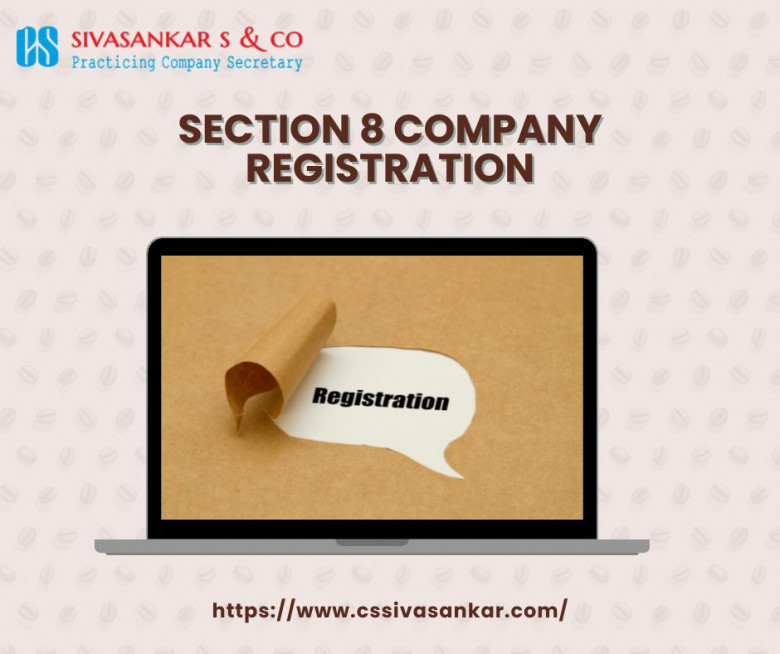views
Starting a non-profit organization in India requires proper legal registration to gain credibility, attract donors, and operate transparently. One of the most structured and recognized forms of NGO registration is through a Section 8 Company, governed by the Companies Act, 2013. This form of incorporation is ideal for charitable, educational, scientific, religious, and social welfare purposes.
Understand the Purpose of a Section 8 Company
Before beginning the registration process, it's important to understand what a Section 8 Company is. Unlike regular companies, Section 8 Companies are formed with the primary objective of promoting charity and not-for-profit causes, such as:
- Education
- Art and culture
- Environmental protection
- Social welfare
- Research and development
Obtain Digital Signature Certificates (DSC)
Since the registration process is conducted online via the Ministry of Corporate Affairs (MCA) portal, digital signatures are essential for authenticating forms.
Documents required for DSC:
- PAN card
- Aadhaar card
- Passport-size photograph
- Email ID and mobile number
DSCs can be issued by government-authorized agencies and are usually ready within 1–2 working days.
Apply for Director Identification Number (DIN)
After receiving the DSC, the next step is to apply for a Director Identification Number (DIN) for each proposed director. DINs are issued through the SPICe+ (Simplified Proforma for Incorporating Company Electronically Plus) form while filing the incorporation application.
Name Reservation Using SPICe+ Part A
- Suitable suffixes include: Foundation, Association, Society, Institute, Council, etc.
- INC-32 (SPICe+): Company incorporation form
- INC-33 (e-MOA): Electronic Memorandum of Association
- INC-34 (e-AOA): Electronic Articles of Association
- INC-12: Application for Section 8 license
- AGILE-PRO-S: Registration for GST, EPFO, ESIC, and professional tax
Attach supporting documents:
- Identity and address proof of directors
- Passport-size photos
- Utility bill of the registered office
- Consent letters and declarations
Get Approval and Receive Certificate of Incorporation
Once all forms are submitted, the Registrar of Companies (RoC) and Regional Director (RD) review the application. If everything is in order, the following documents will be issued:
- Section 8 Company License
- Certificate of Incorporation
- Company Identification Number (CIN)
- PAN and TAN
This confirms that your Section 8 Company is now officially registered and can legally begin operations.
Apply for 12A and 80G (Post-Incorporation)
Although not part of the registration process, it is highly recommended that you apply for:
- 12A registration (to claim income tax exemption)
These are essential for maximizing the financial and legal benefits of running a non-profit organization in India.
Time Frame and Cost Estimate
- Time required: 15 to 30 working days (depending on documentation and approvals)
- Government fees: Minimal (Section 8 Companies enjoy fee concessions)
- Professional fees: May range between ₹10,000–₹25,000 based on service providers
Conclusion
Registering a Section 8 Company can seem like a complex process, but it offers long-term credibility, access to funding, tax exemptions, and professional structure. It’s the ideal legal form for those who are serious about building a scalable and impactful non-profit organization in India.




Comments
0 comment